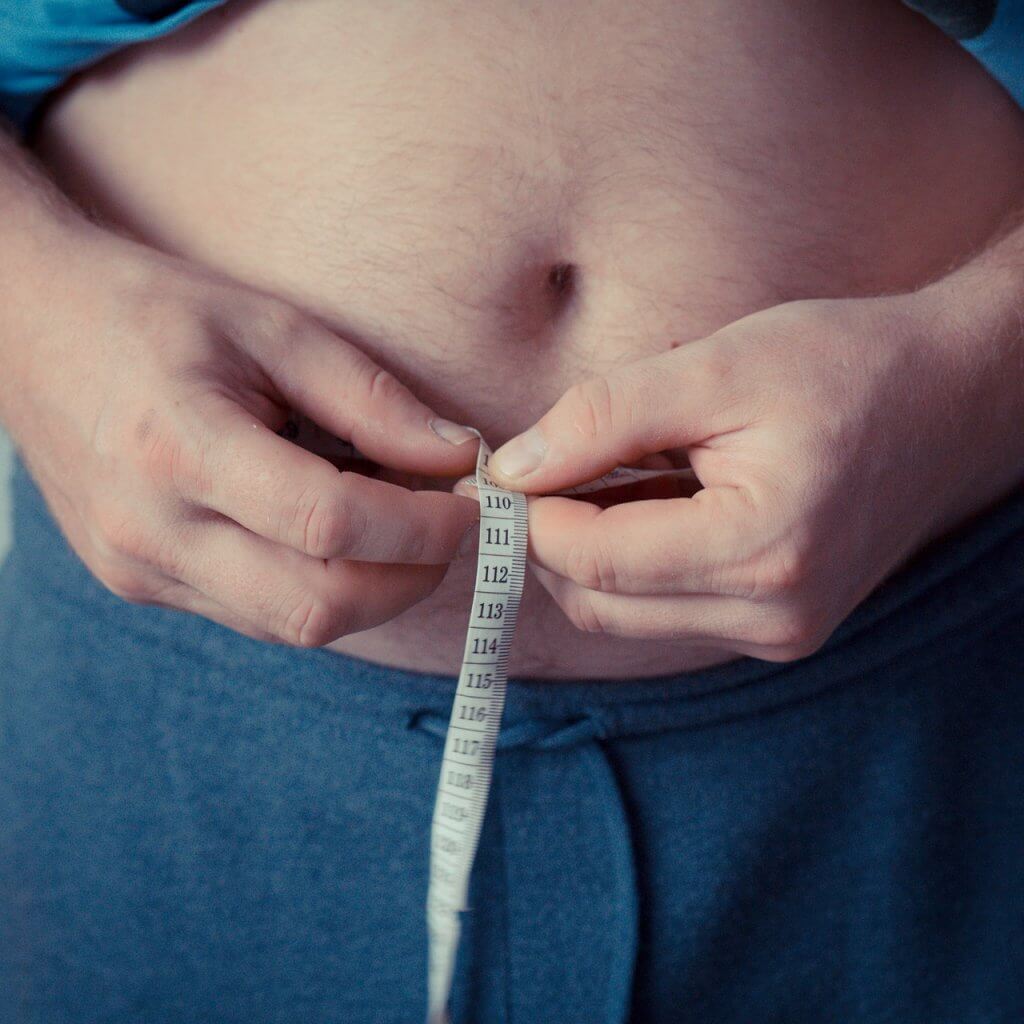Men vs. Women: Running and Weight Loss

The old saying, ‘men are from Mars, women are from Venus’ is true in more ways than one. Just look around and compare the typical body sizes and shapes of most men and women and might be clear that men tend to have less body fat on average than women. And major gender differences exist between men and women when looking at running and athletics, as well.

How Men and Women Differ on the Race Course
There is a reason why men and women typically do not race or train together but stay separated. The main reason being that men and women’s bodies are built very differently, for different reasons. Basic biology tells us that women were created for childbearing and rearing. Women were made to be mothers who bring life into the world and nurture young children into adolescents. Men, on the other hand, were designed to be the caregivers. Their bodies were designed to be strong and protective and to literally go out and find food and provisions for their wives and children.
Our hormones paint the same picture. Women have more estrogen, which promotes a woman’s monthly menstrual cycle to prepare for a child. Estrogen promotes fat storage, as well, for this exact reason. Men, however, have bodies pumping with testosterone (especially between the onset of puberty and through their twenties and thirties) which helps promote muscle gain (aka men develop muscles much faster than women). That’s why some athletes use male testosterone boosters.
These muscles were designed to strengthen men in their role as ‘provider’. Even the differences in organs between men and women suggest a general difference in physical ability and capability. Men’s hearts are about 25 percent larger than women’s hearts. A larger heart makes it easier to pump blood and oxygen throughout the body, making it easier for men to run faster for longer.

All of these factors can make a huge difference in how well men and women can run (i.e. how fast they can run and for how long). With a larger heart, on average, men can condition themselves to be an excellent endurance athlete, making it easier overall (after much training and preparation) to run farther distances. They can also stay in an anaerobic state for a prolonged period of time, meaning their bodies can typically hold a faster pace for longer without fatiguing. And because men can more easily and readily build muscle mass due to increased levels of testosterone, they see results a lot quicker in the gym as far as strength training is concerned – which can then lead to faster race times, and more efficient running.
Since females naturally carry more body fat than men (and since their bodies NEED more fat than a man’s in order to perform the very basic female functions necessary to a healthy female body), it takes more effort and works to overcome the added weight in regards to building muscle and decreasing race times. (It is important to note that these are all general statements. There are certainly extremely fast women who are far faster than most men. But on average, the reality is that the female and male body is scientifically designed to be built for different purposes, which can greatly impact running performance.

How Men and Women Differ in Regards to Weight Loss
It is probably no surprise that, on average, men tend to lose weight faster than women. And the reasons being are fairly similar to why they can run faster than women. By and large, it continues to come down to physiology and the differences in the build and design of the female body versus the male body. The first and most glaring reason is that men are just bigger than women, and have more body mass. The larger the body, the more weight there is to lose so the easier it is to lose it. This is because larger bodies require more calories to maintain their size, and so it is easier to create a calorie deficit to lose weight.
The organs and basic body functions of a larger human even require more calories and energy than in smaller bodies. Testosterone continues to play a huge part in weight loss for men because it is the hormone that helps put on muscle and speed up the metabolism. Women still have testosterone, but in much smaller quantities because estrogen reigns supreme. Estrogen, on the other hand, is designed to help store fat. Women NEED estrogen to perform this function so that they can ovulate and menstruate regularly and be healthy. But it certainly does not rev the metabolism up in the same way that testosterone does.

So What Happens When We Run For Weight Loss
When we consider all factors and the differences between men and women and their weight loss results while simultaneously comparing running ability, it becomes clear that it might be easier for men to lose weight through running than women. And this is less because running is an inefficient exercise (it is actually one of the very best calorie burners among cardiovascular activities) and more because the woman’s body is designed more for fat storage and doesn’t lose weight as rapidly as a man’s.
However, before you get all down-in-the-dumps ladies, it’s important to know this. In the long term, women DO lose weight efficiently through diet and exercise (running), and it is about the same as men. In short, then, it might just take longer for women to lose the equivalent of what men do. Furthermore, running can benefit your body in ways far beyond just weight loss. It can do wonders for your mental health, and you will likely start to see positive changes in your body including muscle tone and the way your clothes fit – even if the scale isn’t budging. This can lead to increased confidence and self-esteem and all the new muscle and strength you gain from running might benefit you in ways you didn’t anticipate to the point that you forget all about a weight loss goal!
Sources
- , What's Different for Men vs Women Running?, Running Blog
- , Male vs. Female Weight Loss: Why Do Men Lose Weight Faster Than Women?, Medical Daily Article
Latest Articles
 Is Running on a Treadmill Easier Than Running Outside?Runners have their own preferences, whether it is treadmill running, running outside on the road, or exploring trails. So...
Is Running on a Treadmill Easier Than Running Outside?Runners have their own preferences, whether it is treadmill running, running outside on the road, or exploring trails. So... Is It OK to Use Trail Running Shoes on the Road?While trail running shoes can be used on roads, especially in situations where a runner encounters mixed terrains or pref...
Is It OK to Use Trail Running Shoes on the Road?While trail running shoes can be used on roads, especially in situations where a runner encounters mixed terrains or pref... How to Fix Sore Quads After Running?Rest, ice, gentle stretching, and over-the-counter pain relievers can help soothe sore quads after running. Also, ensure ...
How to Fix Sore Quads After Running?Rest, ice, gentle stretching, and over-the-counter pain relievers can help soothe sore quads after running. Also, ensure ... 10 Fruits With The Most Electrolytes to Replace Sports DrinksThese fruits are high in electrolytes such as potassium, magnesium, and calcium, essential for hydration, muscle function...
10 Fruits With The Most Electrolytes to Replace Sports DrinksThese fruits are high in electrolytes such as potassium, magnesium, and calcium, essential for hydration, muscle function...

